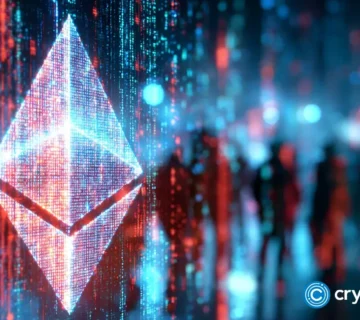Tether will no longer freeze USDT on Omni, BCH SLP, Kusama, EOS, Algorand, and other legacy chains. The assets, however, become “unsupported,” entering a financial limbo without official issuance or redemptions.
Summary
- Tether halts its planned USDT freeze on legacy blockchains, including Omni, BCH SLP, Kusama, EOS, and Algorand.
- Tokens on these networks become “unsupported,” with transfers allowed but no official issuance or redemption.
- The update follows community feedback and aligns with Tether’s broader strategic focus on active, high-demand chains.
On August 29, USDT issuer Tether announced a significant revision to its transition plan for legacy blockchains. Originally, the company had planned to freeze USDT tokens and halt redemptions on networks including Omni Layer, Bitcoin Cash SLP, Kusama, EOS, and Algorand starting September 1, 2025.
Following extensive feedback from user communities, Tether opted to abandon the freeze while still discontinuing official issuance and redemption. This leaves tokens on these networks in an “unsupported” state, where transfers between wallets remain possible but the assets no longer carry the same backing or operational support as USDT on active chains.
“While users will still be able to transfer the tokens between wallets, Tether will discontinue direct issuance and redemption on these blockchains. This means the tokens will no longer be officially supported as other Tether tokens,” the USDT issuer said in the statement.
A strategic pivot, not a retreat
Tether’s decision to walk back the freeze suggests that pushback from developers and users on networks like EOS and Algorand presented a reputational risk that outweighed the technical simplicity of a clean break.
The revised approach, which Tether states “aligns with its broader strategy,” is a pragmatic compromise. It allows the firm to shed the operati
Go to Source to See Full Article
Author: Brian Danga








